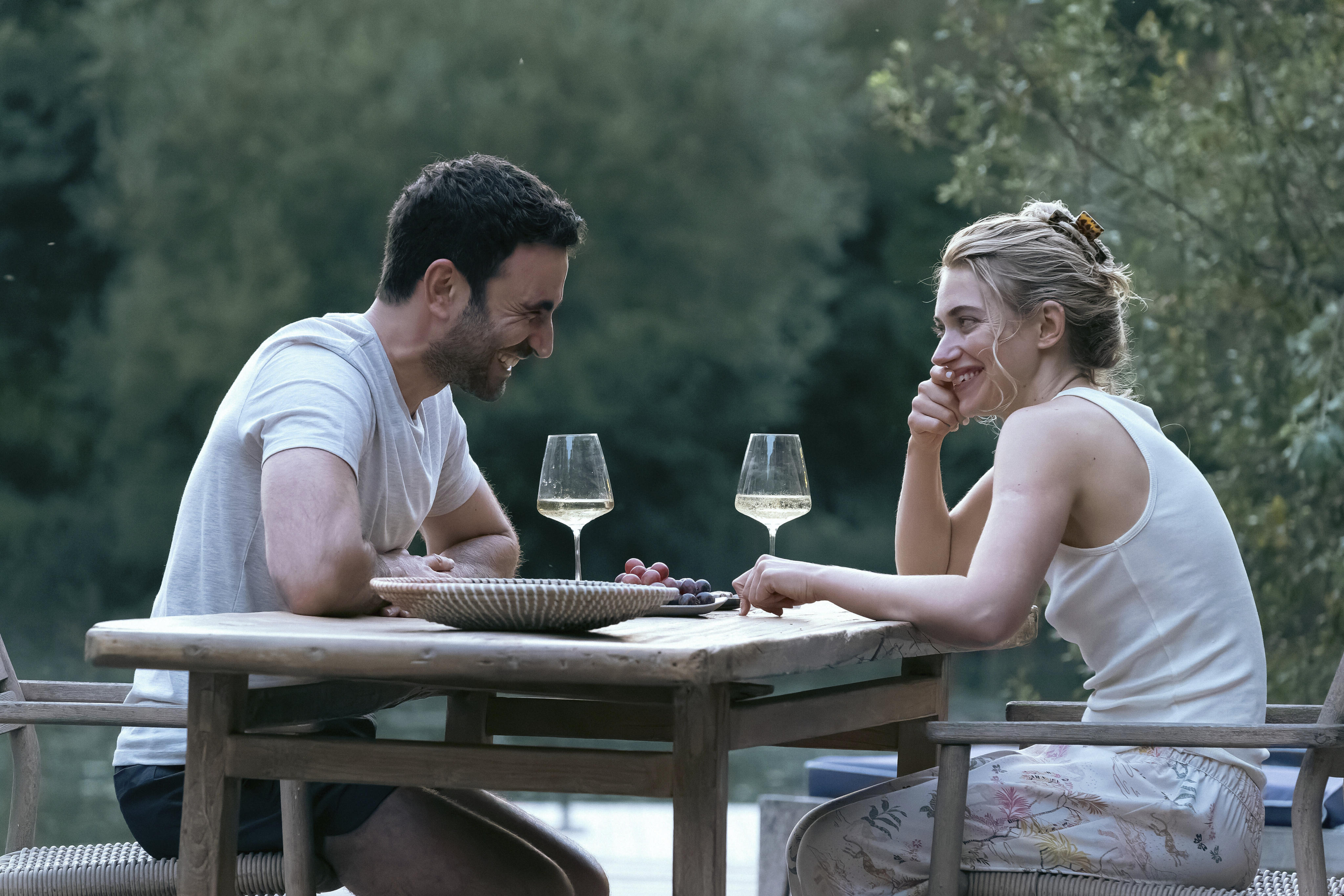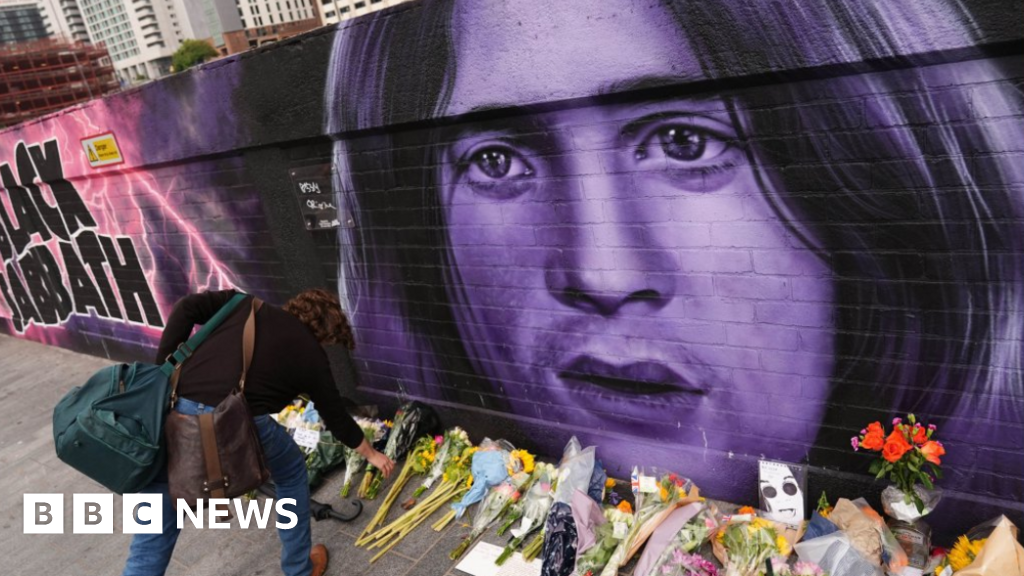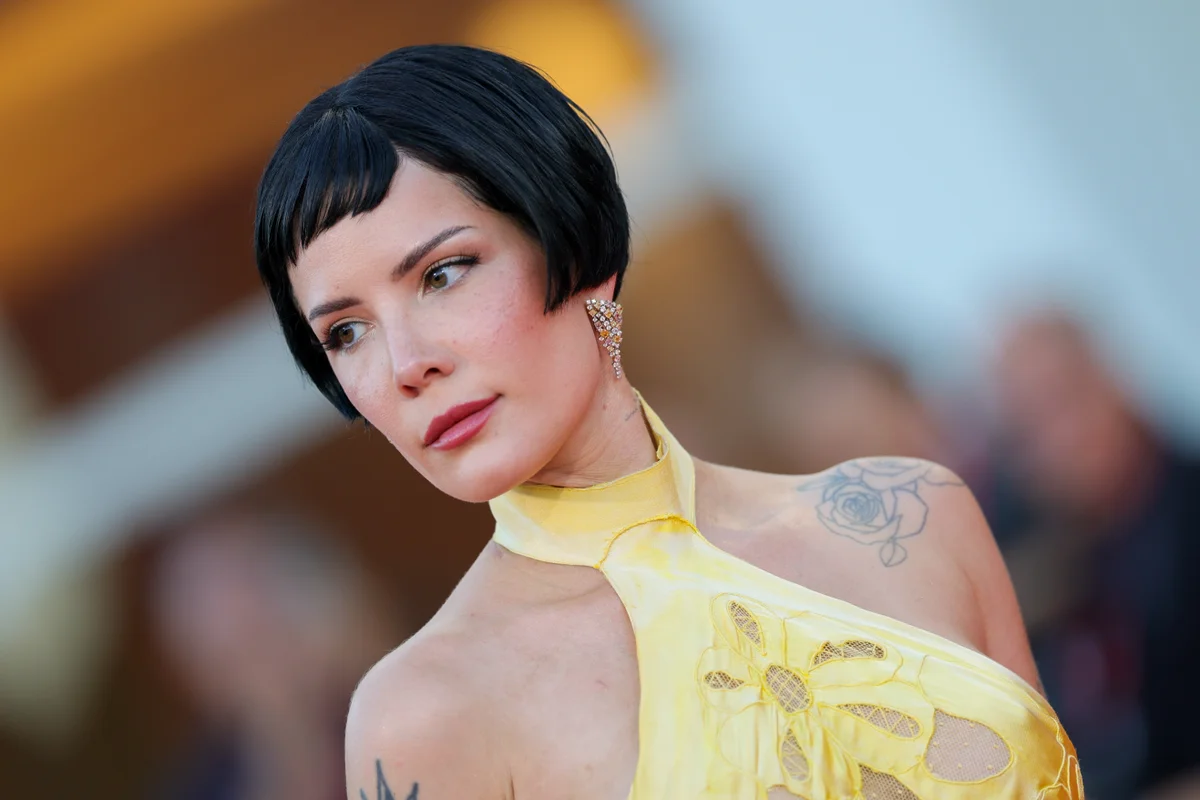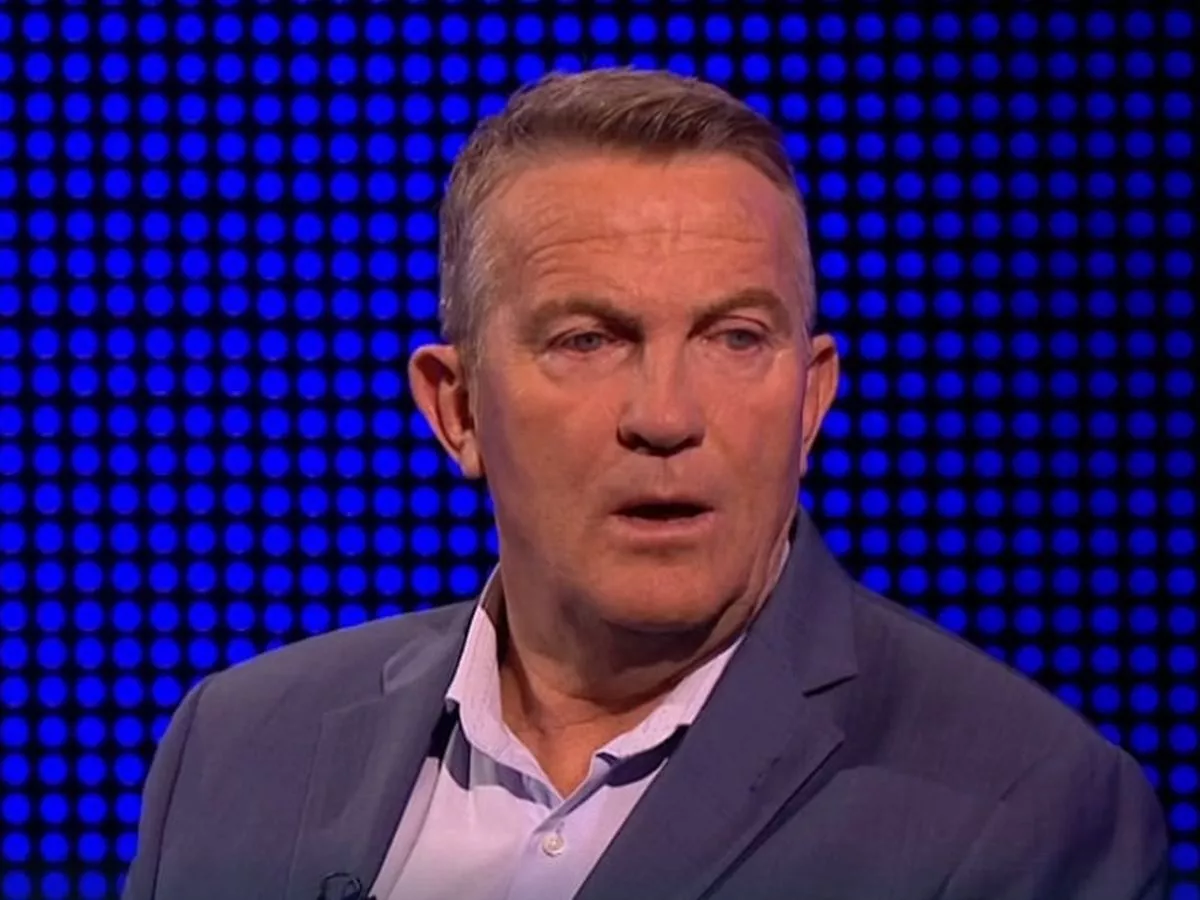Copyright scmp

Brett Goldstein might want to break your heart. Or at least give you a proper ugly cry. In the new film All of You, streaming on Apple TV+, audiences are presented with a sticky conundrum: what if your soulmate and your best friend were different people? Reactions might differ about the choices Simon (Goldstein) and Laura (Imogen Poots) make in the film, which is a kind of romcom drama, if you will. But one thing Goldstein has noticed is that a lot of people who see it think that it is about them. “I think everyone has this friendship,” Goldstein said. “There’s someone in their life that is not their partner that they have a connection with that feels more than friends, but what is that? What is love? And does it take away from the other? We just wanted to explore all of that over time.” The idea came out of a getting-to-know-you conversation with William Bridges, an Emmy winner for the British anthology series Black Mirror, whose episodes include “USS Callister”. He co-wrote the film with Goldstein and directed it. At the time of the chat, Goldstein was single. Bridges was not. Goldstein asked him if the woman he was seeing was “the one”, and it got them thinking about the idea of a soulmate test, something that could take all the guesswork, all the bad dates, all the lost time out of the equation. All of You begins with a moment of truth as Simon accompanies Laura, his best friend from university, on her way to take the test. He even pays for it, and soon enough, she is off making plans with her fiancé. Though the film has a bit of a science fiction element to it, it is less dystopian than Black Mirror. Some, like Laura, take the test. Some, like Simon, try to do it the old-fashioned way. But many are left wondering if they made the right choice. The film is told linearly but skips over months and sometimes years in the saga of Laura and Simon. “I was really conflicted, but I also felt great compassion for each of the characters,” Poots said. “All a person is [is] the choices they make or don’t make, and I think that feelings and desire and love, these are completely out of your control. And I don’t think you can vilify a person for sort of having them. It’s just when they follow through that it obviously complicates things.” Part of the equation involved ensuring that Laura’s soulmate was not easily dismissed. Not only did they write him to be kind, loving and a good father, but they also cast handsome Scottish actor Steven Cree to play him. “One thing we didn’t want to do that I think romantic comedies do a lot is they make the other guy boring or a [expletive]-head. So you’re going, ‘Oh, obviously not him,’” Goldstein said. “You have to kind of stack the odds against all of them because that is more real and it’s much more challenging, I think, for an audience, because I think you are going, ‘I want this thing to happen and I also don’t want this thing to happen.’” When Harry Met Sally, from 1989, was a kind of unintentional touchstone in thinking about the idea of friendships between straight men and women that only became clear to All of You’s makers after they made their film. An even less intentional reference was Atonement. Unbeknown to the filmmakers, they set a pivotal scene between Laura and Simon in the same cottage in East Sussex, England, that director Joe Wright used for his classic tear-jerker. While film fans may bemoan the lack of the Nora Ephron-style romantic comedies from the 1990s on our screens, modern films are grappling with the state of relationships in serious, satirical and genre-skewing ways, with films like Materialists, Splitsville, All of You and more. The distinction, Bridges said, is perhaps that audiences today are craving stories not about aspirational, unattainable romance, but about love – however complicated and messy it may be. “We have seen the movie where somebody runs to the train station at the end and confesses undying love, and the movie ends, and the idea is they live happily ever after. But I’m not quite sure that that’s the experience of love that a lot of people have,” Bridges said. “I think they’re looking for love stories rather than romance stories.”



